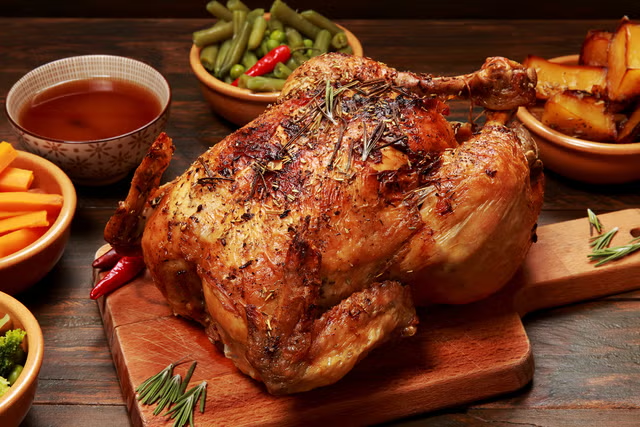Like today, wasting food in Tudor and Stuart England was an issue deeply laden with moral implications. During the 16th-century Reformation, when England transitioned from a Catholic country under the pope to a Protestant state under the crown, a religious mindset underlined all aspects of daily life.
While food waste today is presented in secular terms as an affront to environmental sustainability, writers of the early modern period saw food as a gift from God: to waste it was to abuse and reject God’s heavenly benevolence.
People believed food physically sustained earthly life by literally replenishing the flesh that was used up day-to-day. And it was food that Christ had chosen to represent his body and blood in the sacrament of the Eucharist.
Disclaimer: The copyright of this article belongs to the original author. Reposting this article is solely for the purpose of information dissemination and does not constitute any investment advice. If there is any infringement, please contact us immediately. We will make corrections or deletions as necessary. Thank you.



